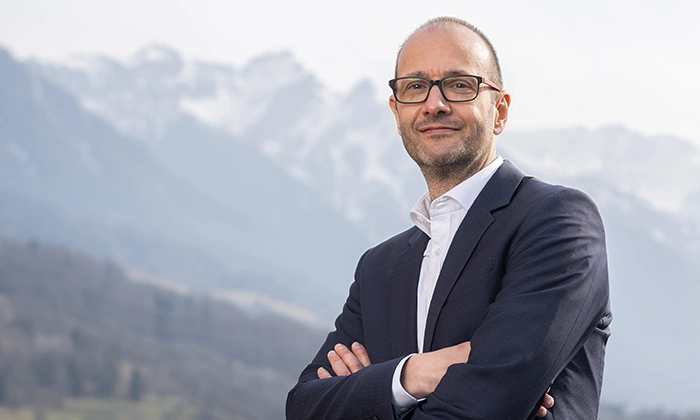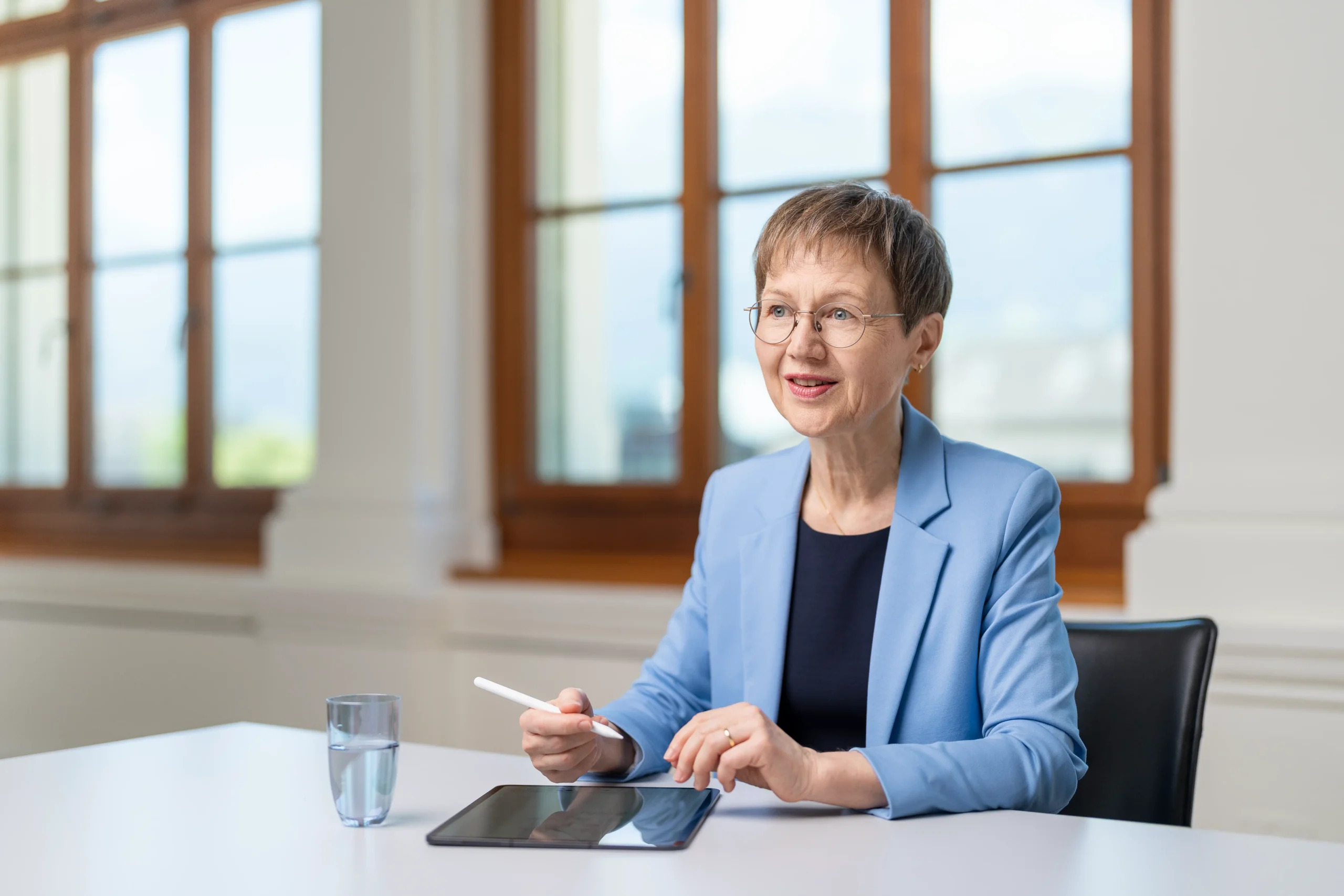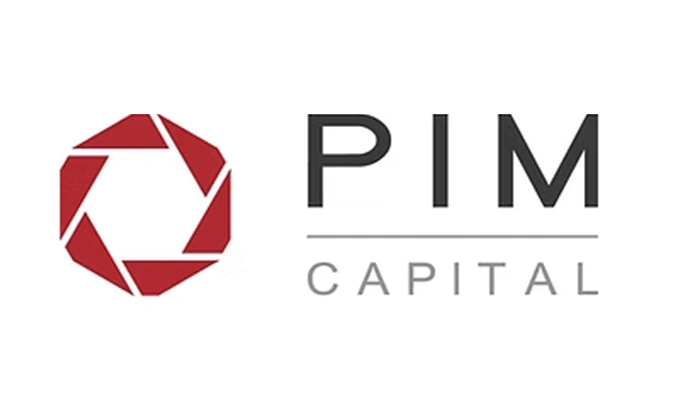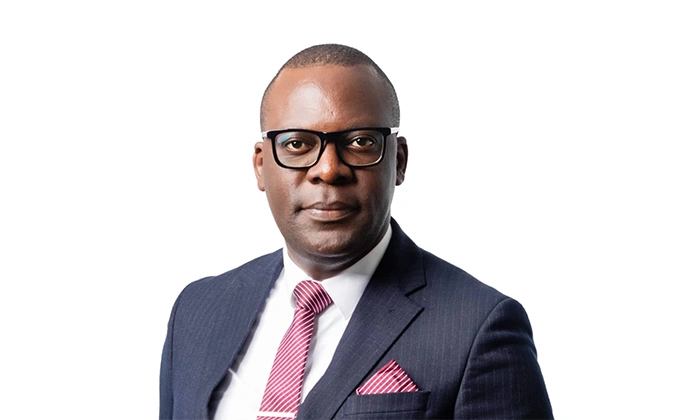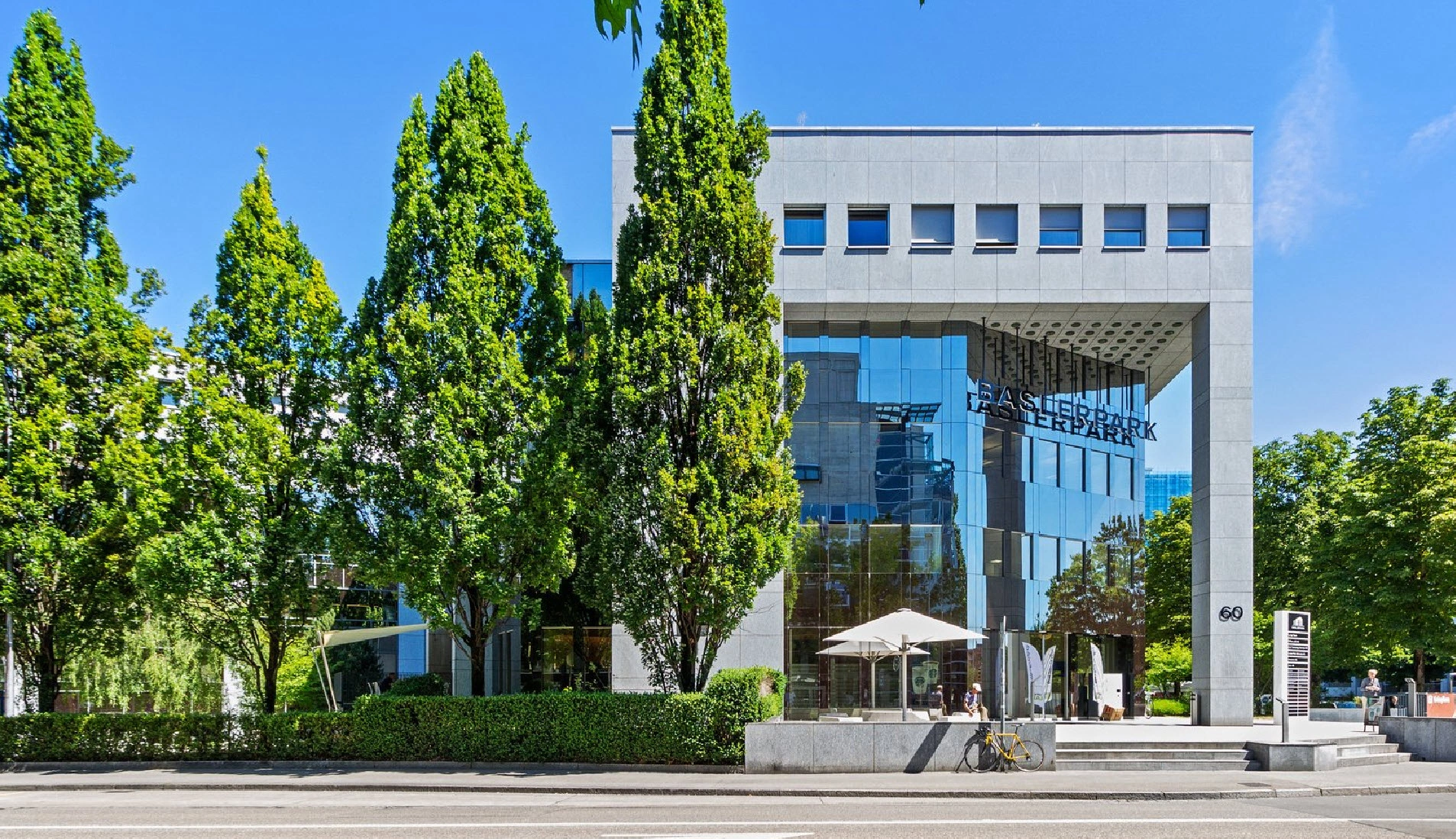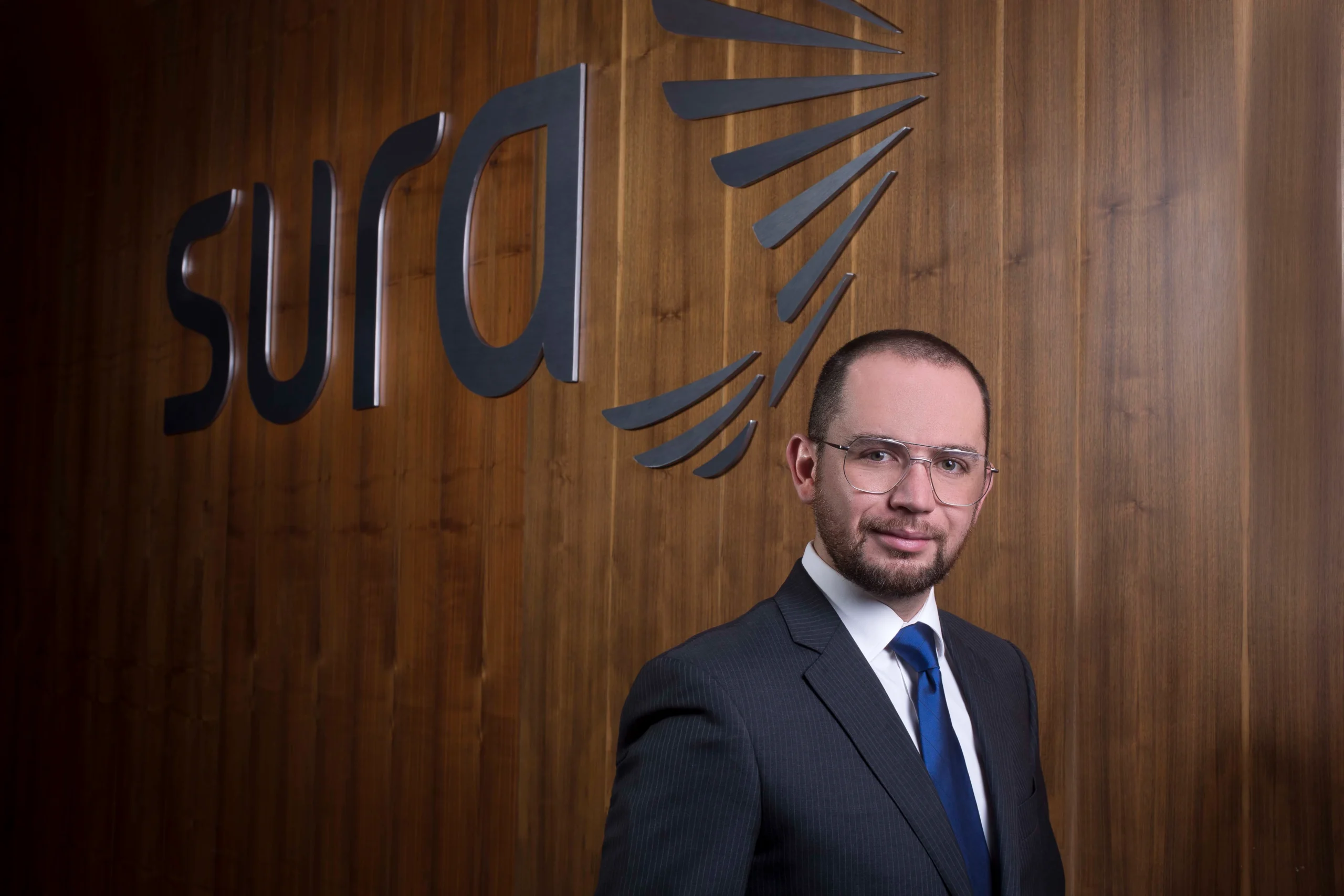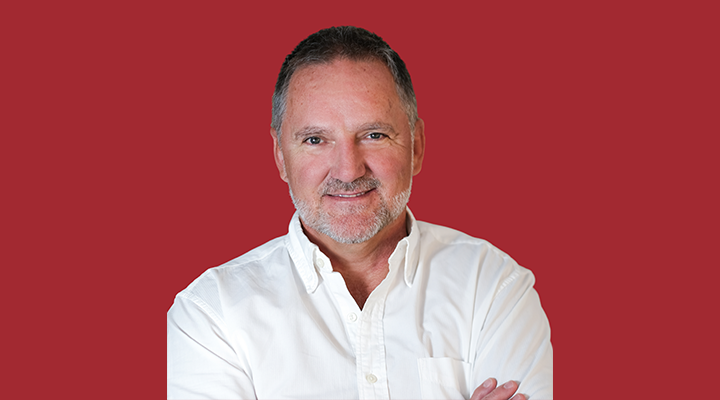Is the market enough anymore?

John E. Kaye
- Published
- Banking & Finance, Global Economy, Home

Ramesh Rao of McCombs School of Business looks at what extra steps entrepreneurs and policymakers can take to unlock the hidden engine of innovation
On January 13, 2000, while giving a speech before The Economic Club of New York, U.S. Federal Reserve Chair Alan Greenspan said: “(Maximizing) the benefits of innovations …will shape the economic configuration of the first part of the new century.”
While Greenspan envisioned the 21st century shaped by innovation, unlocking its full potential amidst rapid change and resource constraints remains a challenge. Traditional economic theory often paints a simplistic picture, crediting progress solely to the “invisible hand” of the market. Yet, this narrative stumbles upon the harsh realities of uninsurable risks, incomplete contracts, and transaction costs.
Enter my new research, the “dual engines of innovation” framework, which challenges the market’s dominance and recognises the crucial interplay between markets and firms: both driving forces for economic growth and societal advancements through novel solutions.
Internalising risks
Imagine a passionate entrepreneur with a revolutionary bioplastic film made from recycled waste. Bringing this dream to life requires specialised equipment, intricate processes, and reliable suppliers. While relying solely on the open market seems logical, uninsurable risks create complexities. Suppliers face concerns about production risk (the innovation might fail), and identity risk (the entrepreneur might not pay). To compensate, they demand higher prices, eroding potential profits.
This is where establishing a company emerges as a powerful alternative. With adequate cash collateral, the entrepreneur can internalise these risks. Supplier risks are removed, therefore leading to lower input prices and a smoother path to success.
However, establishing a firm itself requires an upfront cash investment, reducing the total wealth the entrepreneur can initially create. So, the entrepreneur faces a trade-off:
- Market: Lower upfront cash requirement but potentially higher input costs due to uninsurable risks.
- Firm: Higher upfront cash requirement for internalising risks but lower input costs.

The nature of innovation
The “right way” is based on the innovation’s characteristics. Innovations with high production risks and low entrepreneur trustworthiness can fail with market transactions. These failing innovations can become economically viable if production is done through a firm. This is because a firm can provide property rights protections that remove uninsurable risks. In so doing, firms can procure necessary production inputs at “institutional prices” that are lower than market prices.
This framework challenges the market-centric view and underscores the vital role of strong property rights in fostering innovation and economic growth. As Hernando DeSoto argues in his work, The Mystery of Capital, secure property rights are not just about markets; they are the foundation of capitalism itself. Robust property rights empower entrepreneurs and pave the way for firm creation and financial markets.
The role of policymakers
Policymakers can play a crucial role in fostering this “dual engine” approach by firstly, strengthening property rights infrastructure. Secure property rights are essential for securing investments and efforts to improve patent protections and measures to mitigate piracy of intellectual property can go a long way.
Secondly, by facilitating the creation of a firm. Streamlining business registration processes and reducing regulatory burdens encourage more individuals to formalise their ventures and unlock the benefits of firm formation. Finally, policymakers can promote financial inclusion. Expanding access to credit and financial services, especially for small and medium-sized ventures, provides the additional capital needed for firms to grow and contribute to economic development.
By recognising and nurturing both engines of innovation – markets and firms – we can unlock a wealth of possibilities for a brighter future. This “dual engines” framework empowers not just individual entrepreneurs but also fosters vibrant economies through a diverse innovation landscape.
Transnational agencies like the World Bank can play a crucial role by providing cash infusions to resource-constrained economies, paving the way for robust property rights protections and flourishing markets. Simultaneously, supportive policies from governments can streamline the creation of firms and expand access to financial services for entrepreneurs. Ultimately, this two-pronged approach unlocks the full potential for quality-driven innovation that not only propels developing economies towards prosperity but also contributes to inclusive prosperity, ensuring that everyone benefits from the fruits of innovation.

About the author
Professor Ramesh Rao is the McDermott Centennial Professor of Banking and Finance at McCombs School of Business in Texas. His research interests include asset pricing, informational asymmetry, and the interface between finance and both marketing and operations management.
RECENT ARTICLES
-
 J.P. Morgan launches first tokenised money market fund on public blockchain
J.P. Morgan launches first tokenised money market fund on public blockchain -
 Aberdeen agrees to take over management of £1.5bn in closed-end funds from MFS
Aberdeen agrees to take over management of £1.5bn in closed-end funds from MFS -
 Enterprise asset management market forecast to more than double by 2035
Enterprise asset management market forecast to more than double by 2035 -
 EU Chamber records highest number of entries for 2025 China Sustainable Business Awards
EU Chamber records highest number of entries for 2025 China Sustainable Business Awards -
 Inside Liechtenstein’s strategy for a tighter, more demanding financial era
Inside Liechtenstein’s strategy for a tighter, more demanding financial era -
 ‘Stability, scale and strategy’: Christoph Reich on Liechtenstein’s evolving financial centre
‘Stability, scale and strategy’: Christoph Reich on Liechtenstein’s evolving financial centre -
 Bridging tradition and transformation: Brigitte Haas on leading Liechtenstein into a new era
Bridging tradition and transformation: Brigitte Haas on leading Liechtenstein into a new era -
 Liechtenstein in the Spotlight
Liechtenstein in the Spotlight -
 Fiduciary responsibility in the balance between stability and global dynamics
Fiduciary responsibility in the balance between stability and global dynamics -
 Neue Bank’s CEO on stability, discipline and long-term private banking
Neue Bank’s CEO on stability, discipline and long-term private banking -
 Research highlights rise of 'solopreneurs' as technology reshapes small business ownership
Research highlights rise of 'solopreneurs' as technology reshapes small business ownership -
 Philipp Kieber on legacy, leadership and continuity at Interadvice Anstalt
Philipp Kieber on legacy, leadership and continuity at Interadvice Anstalt -
 Building global-ready funds: how South African managers are scaling through offshore platforms
Building global-ready funds: how South African managers are scaling through offshore platforms -
 Global billionaire wealth hits record as relocation and inheritance accelerate, UBS finds
Global billionaire wealth hits record as relocation and inheritance accelerate, UBS finds -
 Human resources at the centre of organisational transformation
Human resources at the centre of organisational transformation -
 Liechtenstein lands AAA rating again as PM hails “exceptional stability”
Liechtenstein lands AAA rating again as PM hails “exceptional stability” -
 Lusaka Securities Exchange surges ahead on reform momentum
Lusaka Securities Exchange surges ahead on reform momentum -
 PROMEA leads with ESG, technology and trust in a changing Swiss market
PROMEA leads with ESG, technology and trust in a changing Swiss market -
 Why collective action matters for pensions and the planet
Why collective action matters for pensions and the planet -
 Structuring success with Moore Stephens Jersey
Structuring success with Moore Stephens Jersey -
 PIM Capital sets new standards in cross-jurisdiction fund solutions
PIM Capital sets new standards in cross-jurisdiction fund solutions -
 Innovation, advisory and growth: Banchile Inversiones in 2024
Innovation, advisory and growth: Banchile Inversiones in 2024 -
 Digitalization, financial inclusion, and a new era of banking services: Uzbekistan’s road to WTO membership
Digitalization, financial inclusion, and a new era of banking services: Uzbekistan’s road to WTO membership -
 Fermi America secures $350m in financing led by Macquarie Group
Fermi America secures $350m in financing led by Macquarie Group -
 Banchile Inversiones receives three prestigious international awards
Banchile Inversiones receives three prestigious international awards





